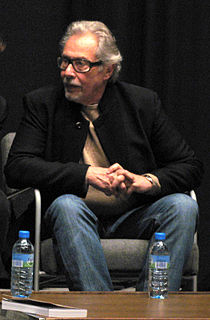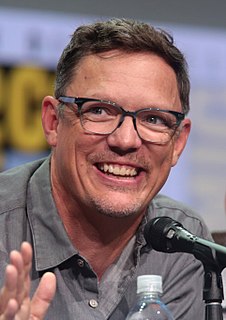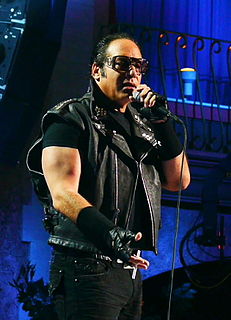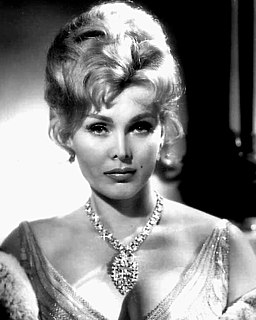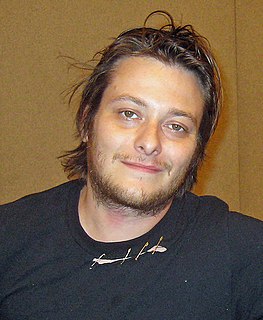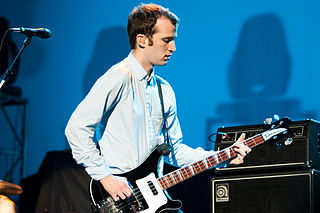A Quote by Mark Rydell
It's kind of interesting to be a director who is all of a sudden being an actor playing an agent. This is my whole world!
Related Quotes
The director is the most important because, ultimately, as an actor, when you watch a movie, it looks like an actor is giving a performance, and they kind of are. But, what's actually happening is that an actor has given a bunch of ingredients over to a director, who then constructs a performance. That's movie-making.
I was doing a lot of web design at the time. And anybody that has an agent thinks, "Why do I need an agent?" Maybe it's a little different as an actor - of course you need an agent - but any kind of agency that's selling something for you, you think, "Why can't I sell this myself? It doesn't make sense."
Stepping out of the director's chair completely and into a scene as an actor was weird. It was more excitement about directing than anything, but I was on a high from being a director and enjoying that process so much that going back to being an actor was almost secondary because I really was loving directing.
As I get older, I'm more willing to take on more, I guess. I feel more comfortable kind of being different characters and kind of stretching it a little more. Like with The Visitation. At least for me, being an actor, I have to draw from human experiences, so it was kind of a stretch playing that role. Kind of supernatural... kind of like what I did in The Crow actually.
It is one of the few elements in the process that a director really, really can't control: an actor's performance. If you have a director that understands that, it's comforting to an actor. You're starting the relationship more as a collaborator, rather than as an employee or some kind of a soldier trying to execute something you don't organically feel.
You can say something that can really help and actor and you can say something that can really get in the way of an actor's performance, kind of cut them off from their instincts and really get into their heads. And every actor's different. Every actor requires something different. Being an actor, for me, was the greatest training to be a writer and director.
I think in general, it's just an interesting age to be at, after college. You spend so much of your life, being on this academic trajectory - and then when it's done - all of a sudden the whole world is maybe open to you. But you're the one that's really in charge of your path. And that can be a really scary thing, I think.
